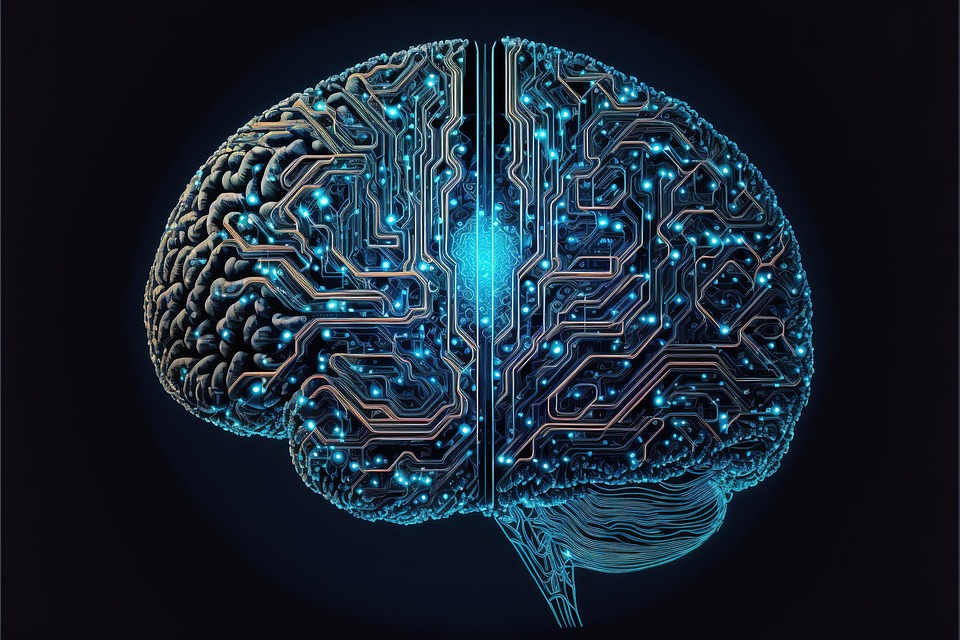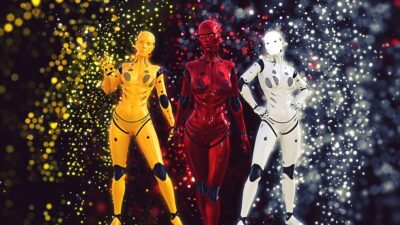In recent years, the rapid advancement of artificial intelligence (AI) and robotics has transformed not only industries but also the very fabric of our daily lives. As we witness the rise of sophisticated robots and intelligent machines, it becomes increasingly essential to examine their social implications. From changing the nature of work to reshaping our interactions, the integration of AI into society carries both opportunities and challenges that require thoughtful consideration.
The Workforce Evolution
One of the most significant impacts of advanced AI is its potential to revolutionize the workforce. Automation and intelligent systems are already taking over repetitive tasks across various sectors—manufacturing, logistics, and even professional services. While this can enhance efficiency and lead to cost savings, it also raises urgent questions about employment.
The displacement of jobs could result in economic inequality and social unrest. Many workers may find themselves ill-equipped to transition into new roles, as the demand shifts toward more technologically savvy positions. This socioeconomic divide could lead to a polarized workforce, where those with advanced skills flourish, while others struggle to find suitable employment.
To mitigate these effects, governments and educational institutions must prioritize reskilling and upskilling initiatives. Lifelong learning must become the norm, ensuring that workers can adapt to an ever-evolving job landscape.
Redefining Human Interaction
AI not only changes how we work but also how we communicate. Robots designed for companionship and assistance—like social robots and AI-powered virtual assistants—are becoming commonplace in homes and communities. These technologies can offer emotional support and companionship, particularly to the elderly or those living alone.
However, the rise of AI companions raises critical ethical questions. As people increasingly form attachments to these machines, what does it mean for human relationships? The distinction between genuine human interaction and artificial companionship blurs, potentially leading to social isolation and diminished interpersonal skills.
Emotional Dependency
Moreover, as we grow dependent on AI for emotional support, there’s a risk of replacing organic relationships with these synthetic alternatives. The implications of this shift need thorough exploration, as we must consider whether AI can genuinely understand human emotions or if it merely simulates empathy.
Privacy and Surveillance
The proliferation of AI technologies also brings concerns about privacy and surveillance. As AI systems collect vast amounts of data to function effectively, issues of data security and user privacy have surfaced. Surveillance systems powered by AI can identify individuals in real time, raising alarms about the potential for misuse by governments and organizations.
Striking a balance between leveraging AI for safety and upholding individual privacy rights is crucial. Policymakers must develop robust frameworks that protect personal data while allowing innovation to flourish. Transparency in how data is collected, stored, and used is vital in maintaining public trust.
Ethical Considerations
The ethical implications of deploying advanced AI in society cannot be overstated. As machines take on more decision-making roles—ranging from healthcare decisions to judicial outcomes—the question of accountability emerges. Who is responsible when an AI system causes harm or makes a biased decision? Establishing clear ethical guidelines and accountability frameworks is necessary to navigate these uncharted waters.
Additionally, the potential for bias in AI systems—rooted in the data they are trained on—poses significant risks. Ensuring that AI is developed and deployed in an equitable manner is crucial for fostering fairness in society.
Moving Forward: A Collaborative Approach
As we continue to integrate advanced AI and robotics into our lives, a collaborative approach will be essential. Involving technologists, policymakers, ethicists, and the public in discussions about the future of AI can lead to more balanced and informed outcomes.
Ultimately, the conversation about robots among us is not solely about technology; it’s about our values, ethics, and the kind of society we want to build. By addressing the social implications of advanced AI proactively, we can harness its potential for good while minimizing risks and ensuring that technology serves humanity.
In conclusion, while advanced AI and robotics present exciting possibilities, they also challenge us to rethink our social structures and interactions. By approaching these challenges with foresight and intentionality, we can shape a future where technology enhances human well-being rather than diminishes it.



